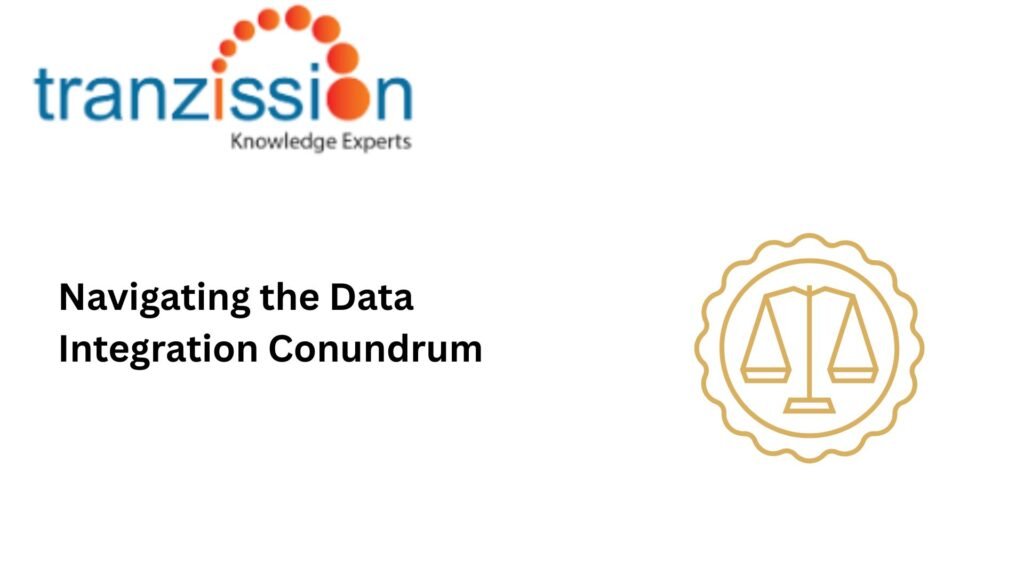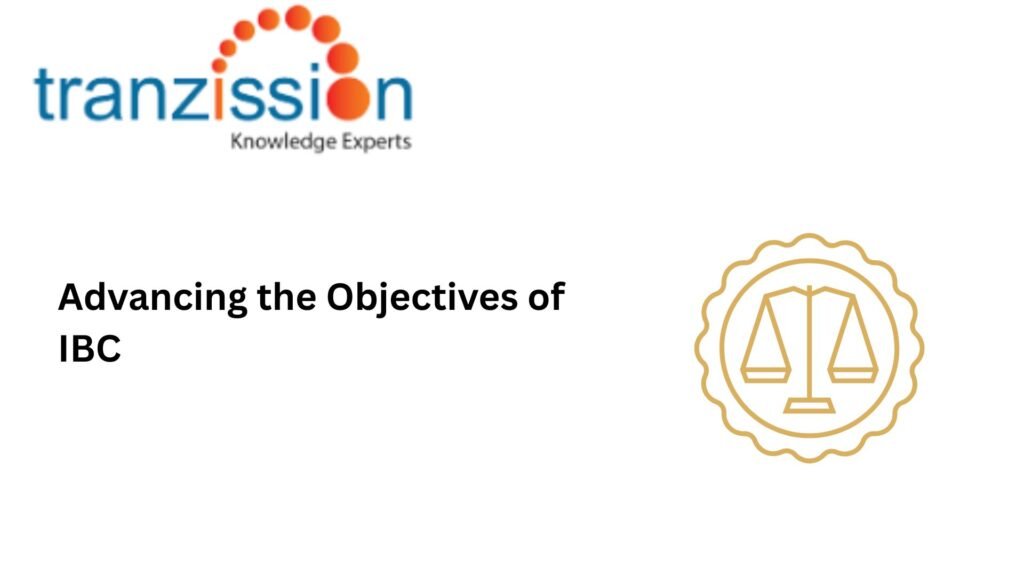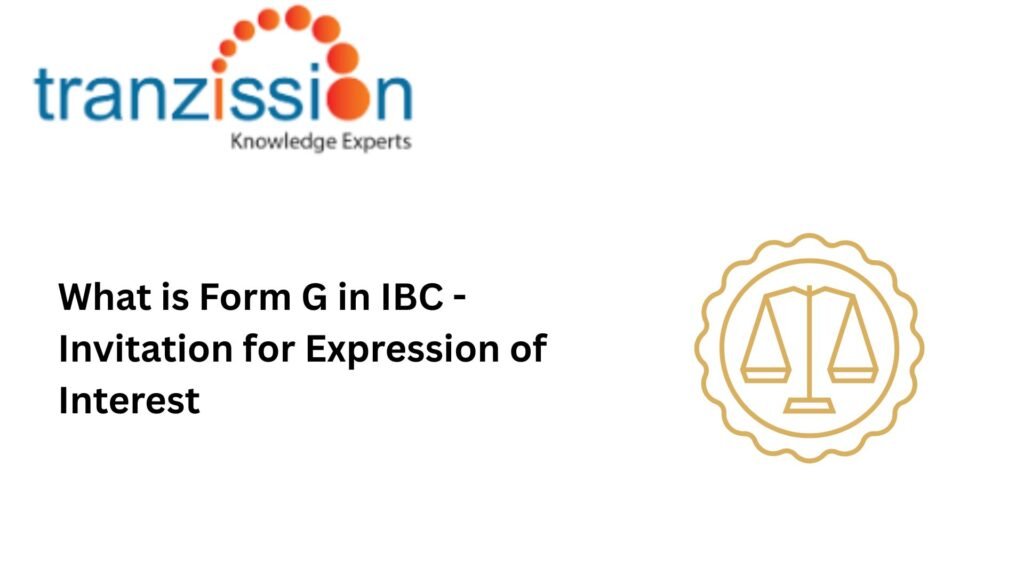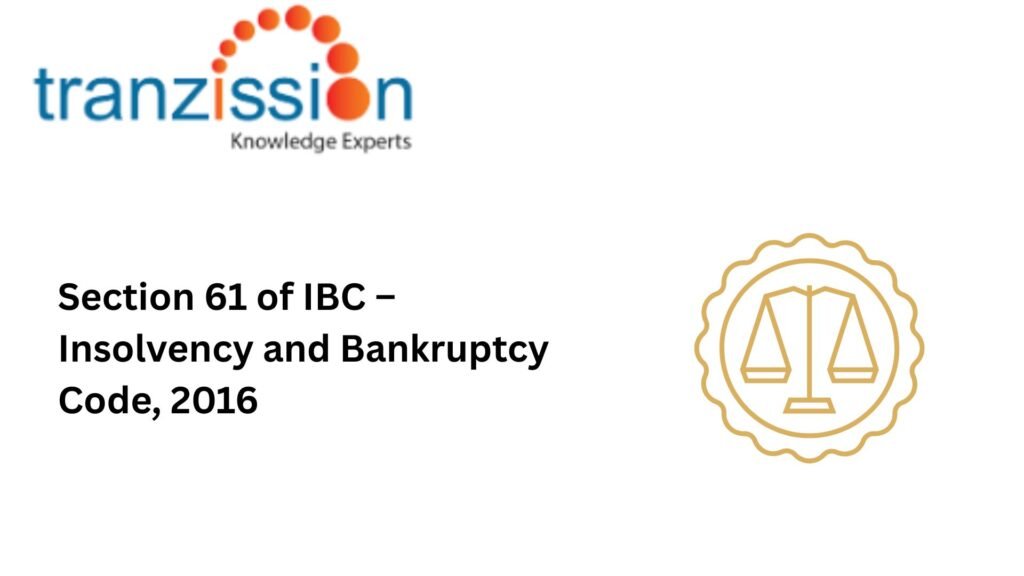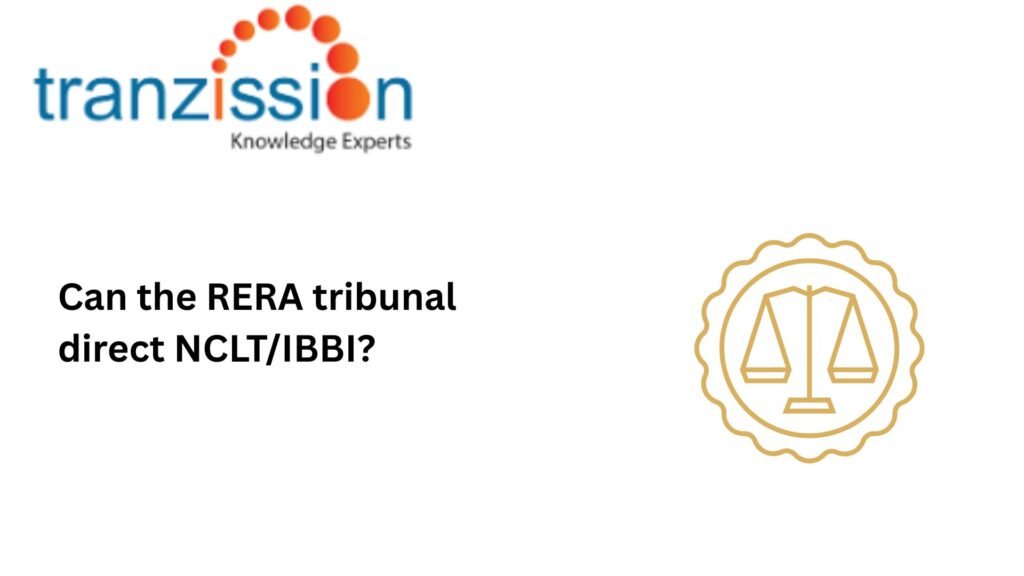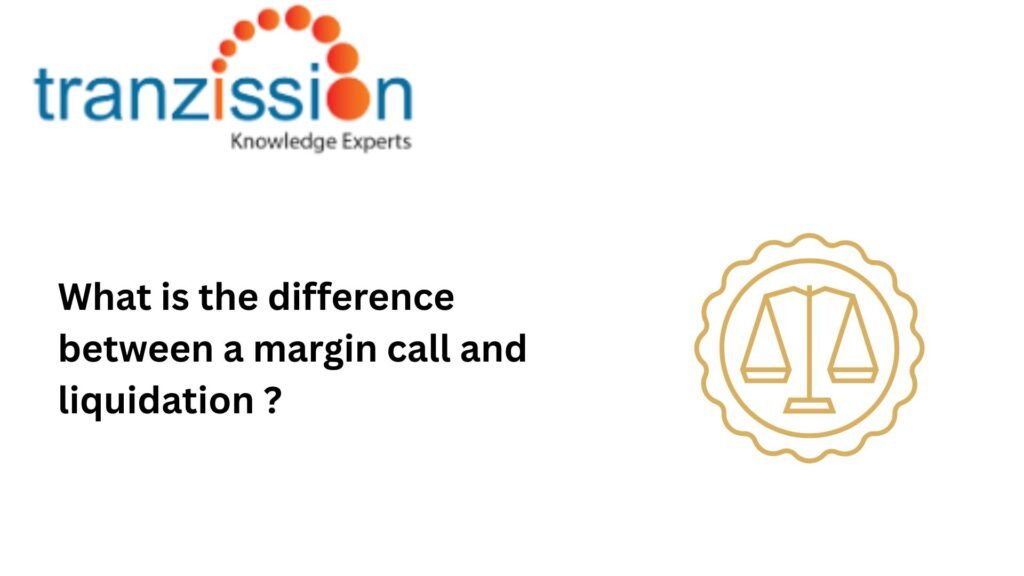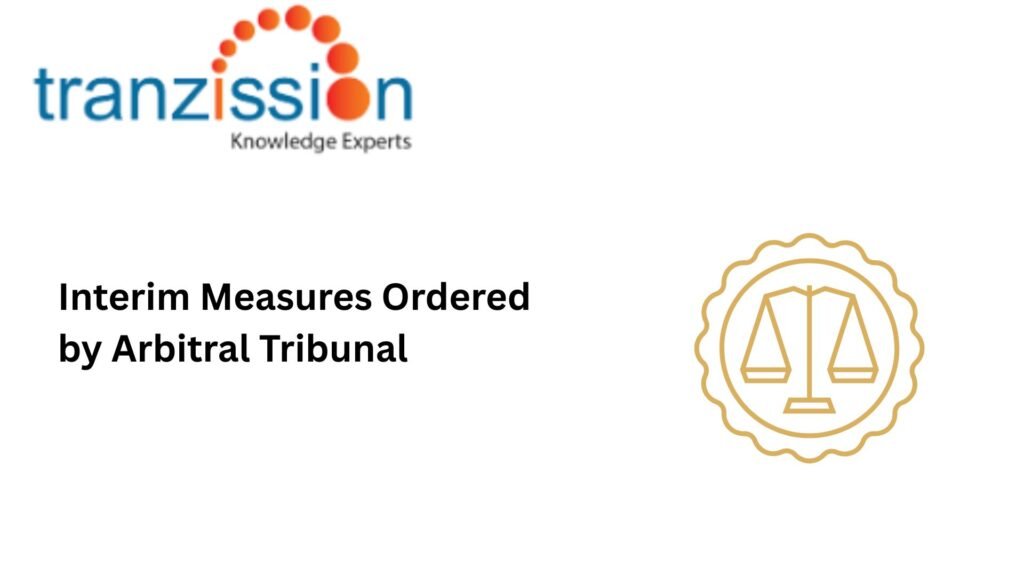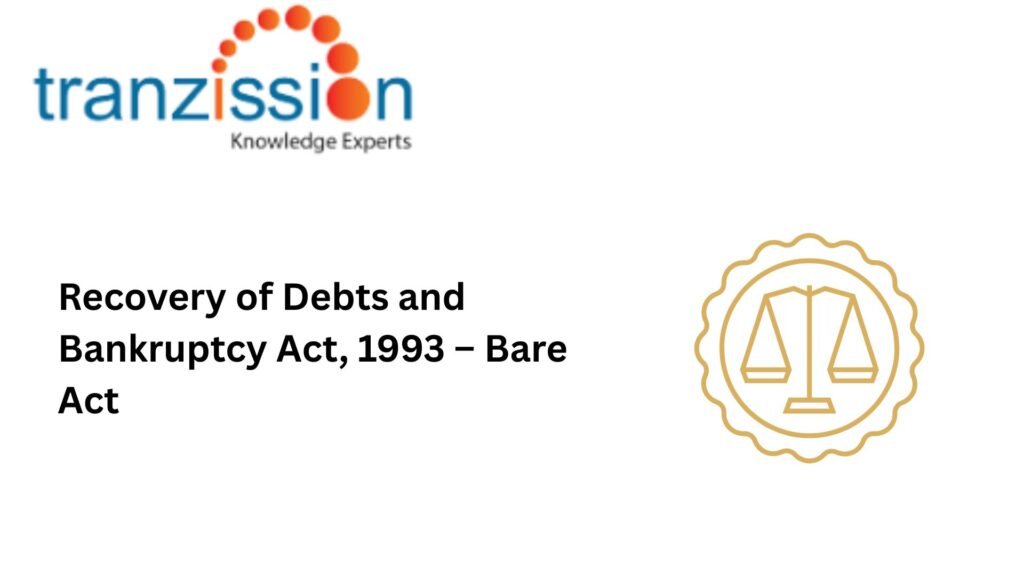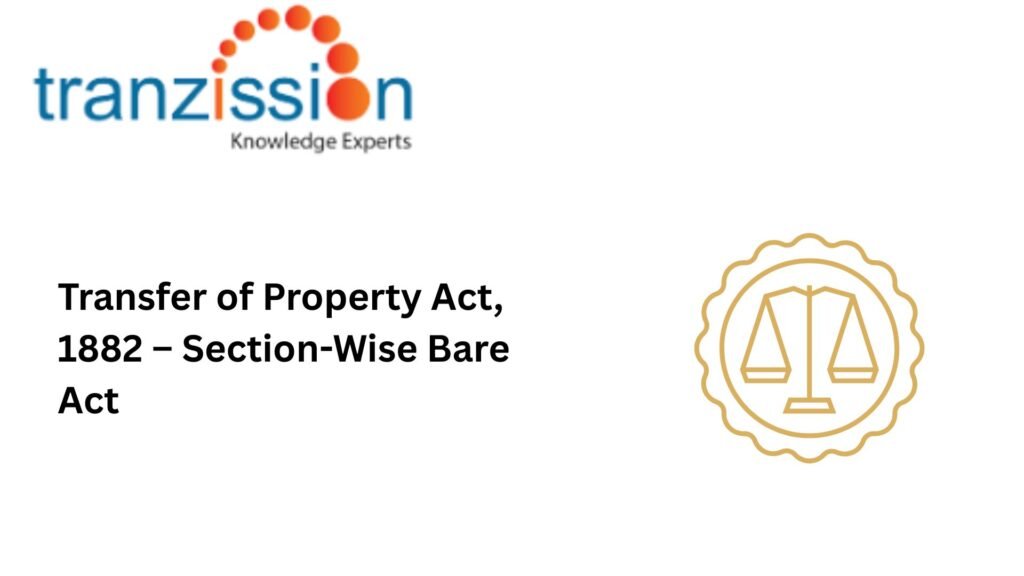Navigating the Data Integration Conundrum
The insolvency resolution process in the liquidation process under the Insolvency and Bankruptcy Code, 2016 (“the IBC”) and the relevant rules and regulations involve the submission and analysis of numerous documents and financial information. However, several Data Integration Conundrum issues within the insolvency framework in India hinder the efficient and timely resolution of cases. The […]
To advance the Objectives of IBC (Insolvency and Bankruptcy Code, 2016 ) India needs to focus on streamlining the resolution process, promoting entrepreneurship, ensuring fair treatment of all stakeholders, and strengthening the regulatory framework, while also addressing challenges like delays and incentives. Understanding the Section 14 Moratoriums Section 14 of the Objectives of IBC establishes […]
Form G in IBC is an official public advertisement inviting potential resolution applicants to submit an Expression of Interest (EOI). It is issued by the Resolution Professional (RP) to ensure a fair and competitive bidding process. It is, thus, a crucial step before the submission of resolution plans. Form G in IBC is primarily governed […]
Section 61 of IBC states that any person aggrieved by an order of the National Company Law Tribunal (NCLT) may prefer an appeal to the National Company Law Appellate Tribunal (NCLAT). The appeal must be filed within 30 days from the date of the NCLT order, and the NCLAT may extend the filing period by […]
The Insolvency and Bankruptcy Code, 2016 (“the IBC”) offers a comprehensive framework to deal with the challenges of insolvency and liquidation. The primary goal of the IBC is to achieve a balanced interest between the parties that are participating in the bankruptcy resolution process and Rights of secured creditors. In the process of liquidation, those […]
The Real Estate (Regulation and Development) Act, 2016 (RERA) focuses on protecting homebuyers’ rights, while the National Company Law Tribunal (NCLT) and Insolvency and Bankruptcy Board of India (IBBI) deal with corporate insolvency and bankruptcy. There can be overlaps in real estate cases when promoters or developers default. This article delves into the relation of […]
Learn the key differences between a margin call and liquidation in trading — how they work, why they happen, and what they mean for your investments. Definition of a Margin Call: A margin call occurs when a trader’s account falls below the minimum required margin, such as maintenance margin, and the broker demands additional funds […]
What Are Interim Measures in Arbitration? Interim measures are temporary reliefs granted by an arbitral tribunal or a court to protect the rights of parties before the final award is delivered. These measures can include orders to maintain the status quo, preserve assets, protect evidence, or require a party to post security for costs. The […]
Banks and financial institutions also need a mechanism to recover debts efficiently, which the Recovery of Debts and Bankruptcy Act, 1993 (“the RDBA”) provides. It also offers borrowers a framework for resolving debt issues, although ti can also lead to stricter enforcement of debt obligations. Therefore, the RDBA is crucial for the stability of the […]
The Transfer of Property Act of 1882 (hereon forward known as “the Act”) is a key Indian law that regulates the transfer of property, both movable and immovable. It mainly focuses on immovable property and ensures transparency, protects parties involved, and regulates legal formalities in property transactions. It covers various types of property transfers, including […]

